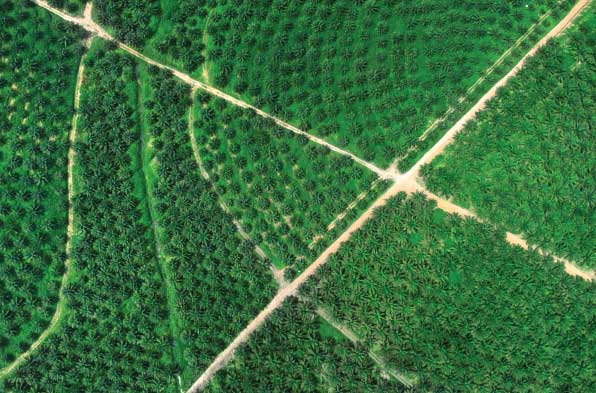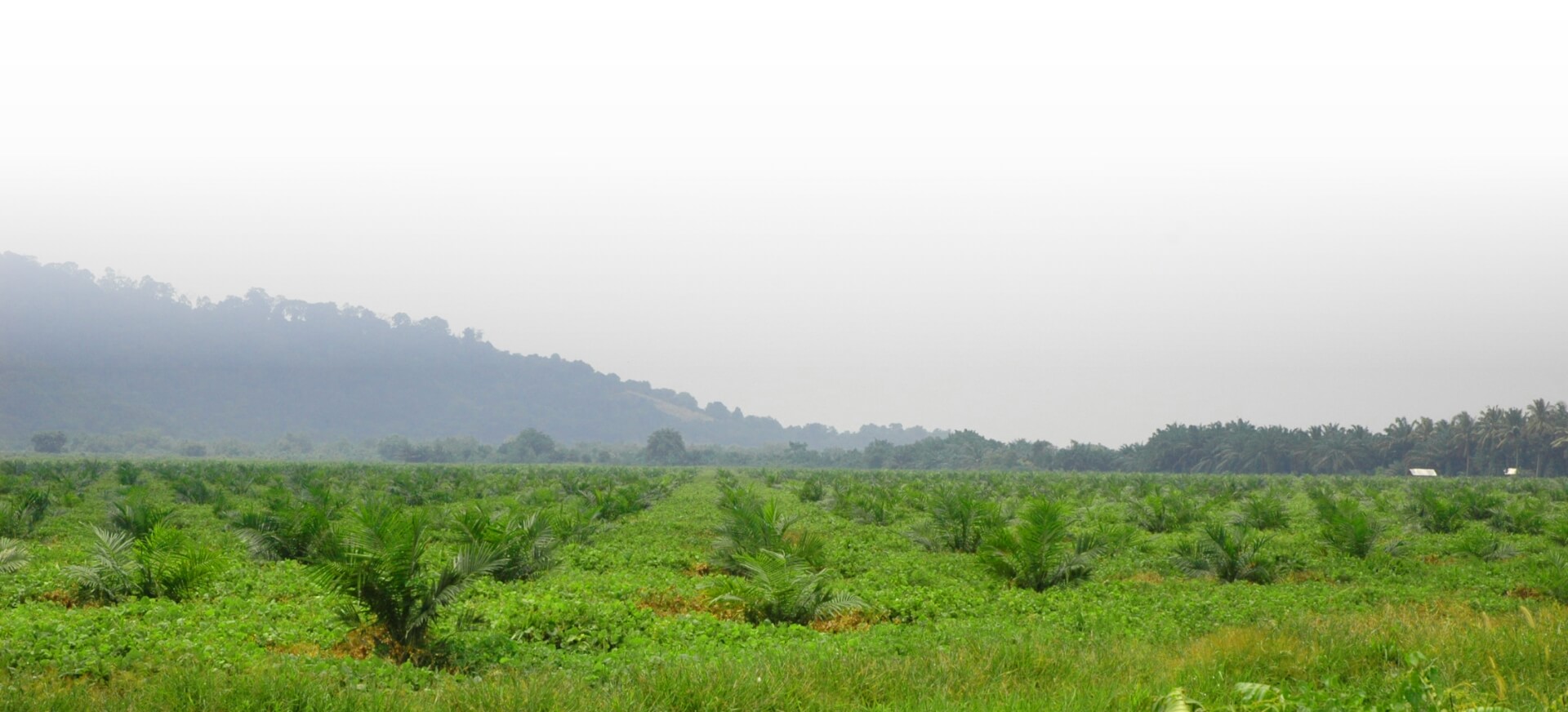Stakeholder Engagement and Partnerships
[GRI 2-28, 2-29, 3-3]
OVERVIEW
We believe that effective stakeholder engagement is crucial to building long-term solutions to industry-wide challenges.
In line with SDG 17: Partnerships for Goals, we believe that effective stakeholder engagement is crucial to building long-term solutions to industry-wide challenges. We carry out one-on-one engagements with key stakeholders based on their influence and interest in SDP and collectively with other industry actors to build multistakeholder initiatives that drive transformational and systemic change. Throughout 2020 and 2021, we have continued playing a part in existing multistakeholder initiatives and partnerships and have also entered into new agreements, specifically on conservation programmes. Further details on some of these partnerships are presented throughout the report.
Notable partners 2020–2021 by focus area:

| Focus area | Partners | Section/link |
Forest restoration initiatives |
Tree planting and nursery Riparian and coastal reforestation |
|
Other conservation initiatives |
Human elephant conflict mitigation Conservation of endangered, rare, and threatened (ERT) species |
|
Human rights due diligence and enhancing workers well-being |
Migrant and labour practices Worker helpline |
|
Deforestation monitoring |
Earthqualizer, Radar Alerts for Detecting Deforestation (RADD) |
|
Fire management in Indonesia |
Universitas Tanjungpura |
|
Smallholder support |
Agrobank, Malaysian Palm Oil Board (MPOB), PNG Oil Palm Research Association (PNGOPRA) |
|
R&D industrial support |
Chair in Climate Change Universiti Kebangsaan Malaysia (UKM), YSD |
- |
Ongoing multistakeholder initiatives |
HCV Network, MPOCC, Palm Oil Collaboration Group, PONGO Alliance, RSPO, CEO Action Network |
In June 2020, SDP withdrew from the High Carbon Stock Approach (HCSA) Steering Group due to resource re-allocation upon prioritising our sustainability commitments during the COVID-19 pandemic. However, we remain committed to the HCSA methodology and supportive of the tool. We will continue implementing it across our operations and require our suppliers to do likewise.
For a full list of our stakeholder engagement approaches, see the

Staying transparent
We strive to be transparent by responding to any issues raised and keeping stakeholders informed through website updates, annual reports, sustainability reports, and regular engagements. SDP also participates in several benchmarking and public assessment programmes to evaluate our sustainability commitments and measure our progress. These include EcoVadis, CDP, and the Zoological Society of London’s Sustainable Palm Oil Transparency Toolkit (SPOTT). These engagements provide insights into new emerging ESG trends and expectations, enabling us to refine our policies and procedures, as well as prioritise our initiatives on sustainability to better meet stakeholder expectations. For example, the gaps identified in the annual SPOTT assessment have been used to identify and prioritise work that is required for the following year. In 2021, the Group scored 83.4% for SPOTT, an improvement of 0.9 percentage points from the previous year.

